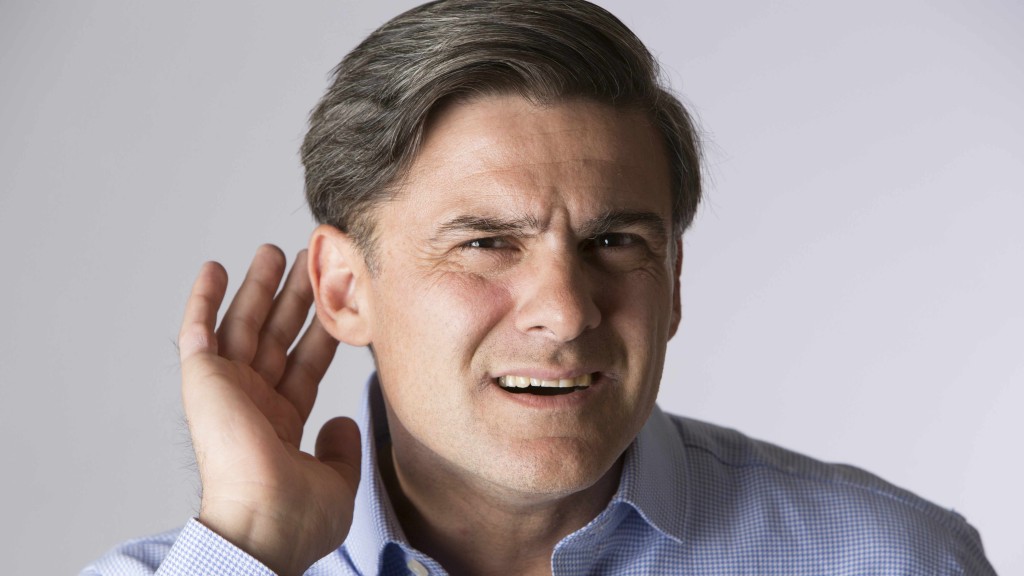-
Featured News
Your Hearing At Risk? Protect Your Ears

Hearing loss is a natural part of the aging process. But, noise-induced hearing loss is on the rise, leading to May being recognized as Better Hearing Month.
According to the National Institute on Deafness and Other Communication Disorders, approximately 15 percent of adults in the U.S. from 20 to 69 and 5 percent of children over 6 are affected by noise-induced hearing loss.
“The two most common reasons for hearing loss are aging and noise-induced hearing loss,” says Dr. Greta Stamper, an audiologist at Mayo Clinic in Jacksonville, Florida.
“Noise-induced hearing loss can occur anytime you are exposed to excessively loud sounds. It occurs most often due to repetitive exposure to loud sounds but permanent hearing loss can occur after even one episode,” says Dr. Stamper.
The most common causes of noise-induced hearing loss include exposure to loud music, lawn equipment, heavy machinery or power tools, and gunfire.
In most cases, noise-induced hearing loss is permanent and irreversible.
Reducing risk
To reduce the risk for noise-induced hearing loss, Dr. Stamper offers these recommendations:
- Avoid or limit exposure to excessively loud sounds.
- Limit volume on headphones, especially for children.
- Use properly fitting ear protection.
- Keep ear protection handy. She recommends foam ear inserts as a portable, cost-effective alternative, since they can be stored easily in a pocket, purse or glove compartment for unanticipated exposure.
- Seek medical attention if there is sudden hearing loss, ongoing ringing or pain in the ear.
When to get a hearing test
For most adults, a preventive hearing screen at age 50 is sufficient. Then, a screening every five to 10 years afterward, based on individual circumstances, is ideal, says Dr. Stamper. Once hearing loss is identified, though, an annual follow-up with an audiologist is recommended.
Watch: Dr. Stamper explains hearing, the types of hearing loss and ways to reduce hearing loss.
Journalists: Broadcast-quality sound bites with Dr. Stamper are available in the downloads.







